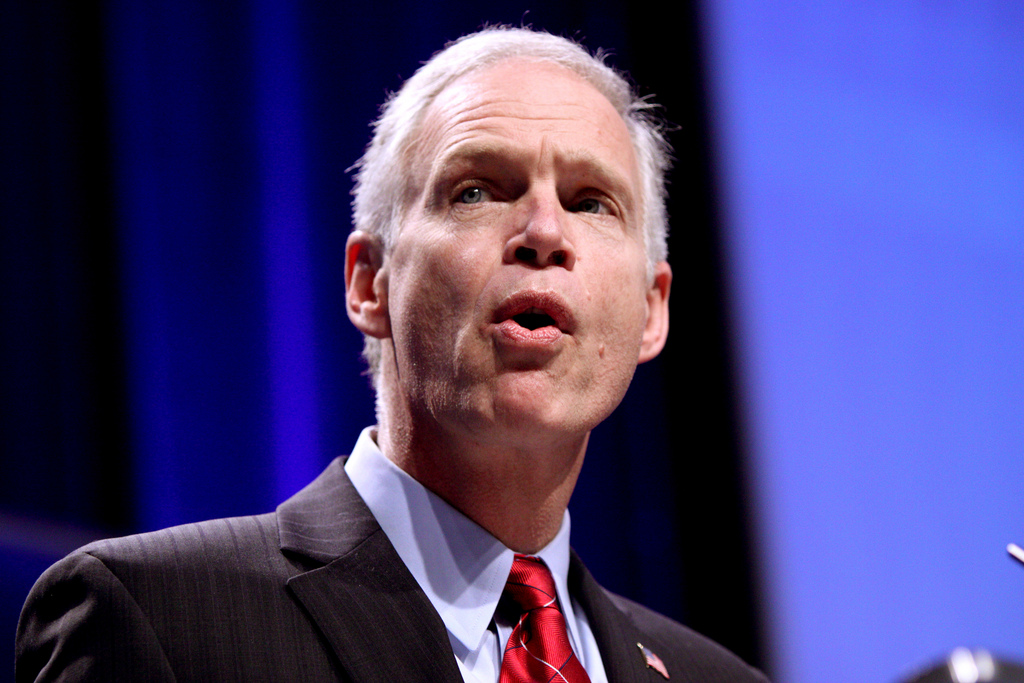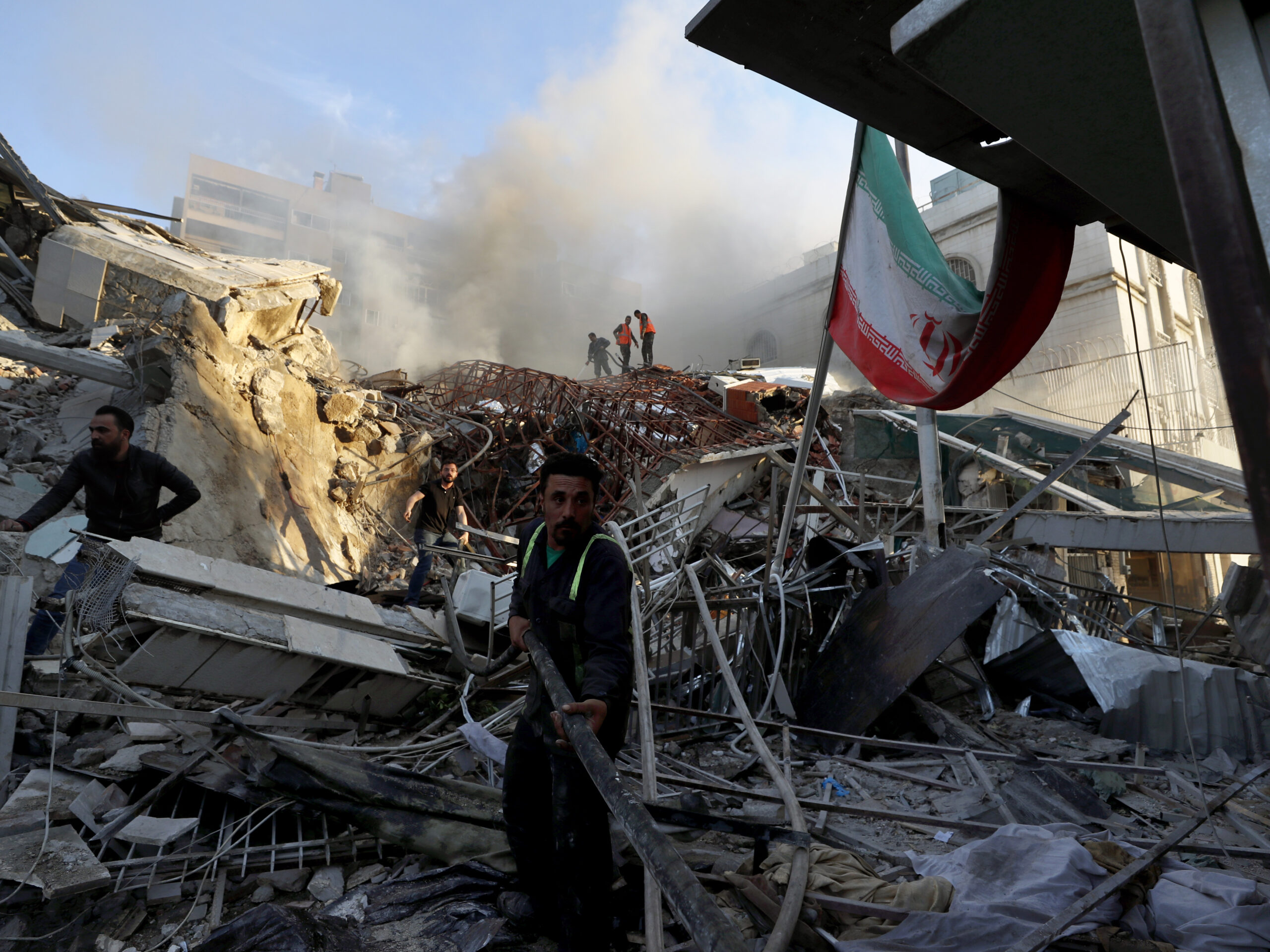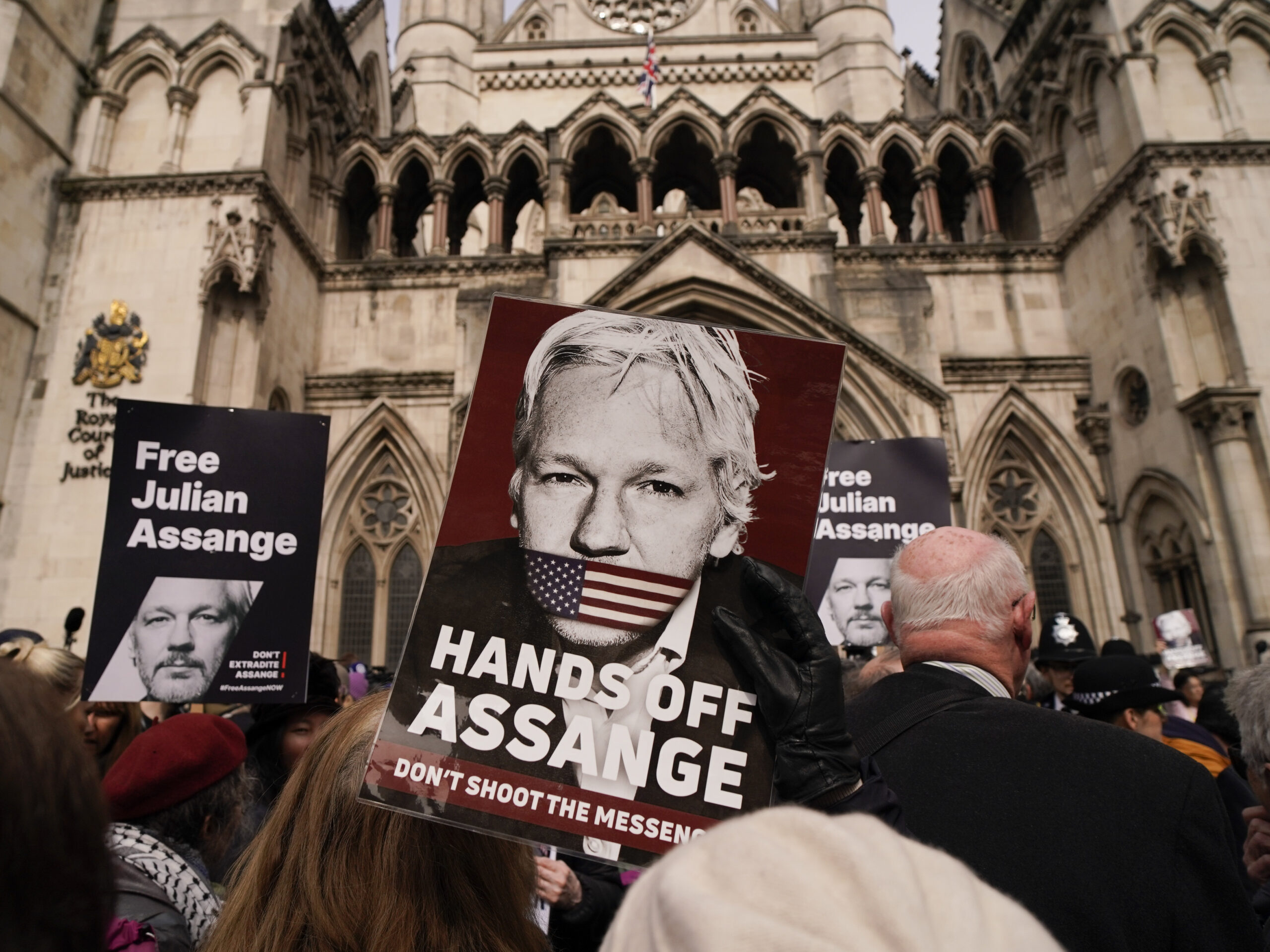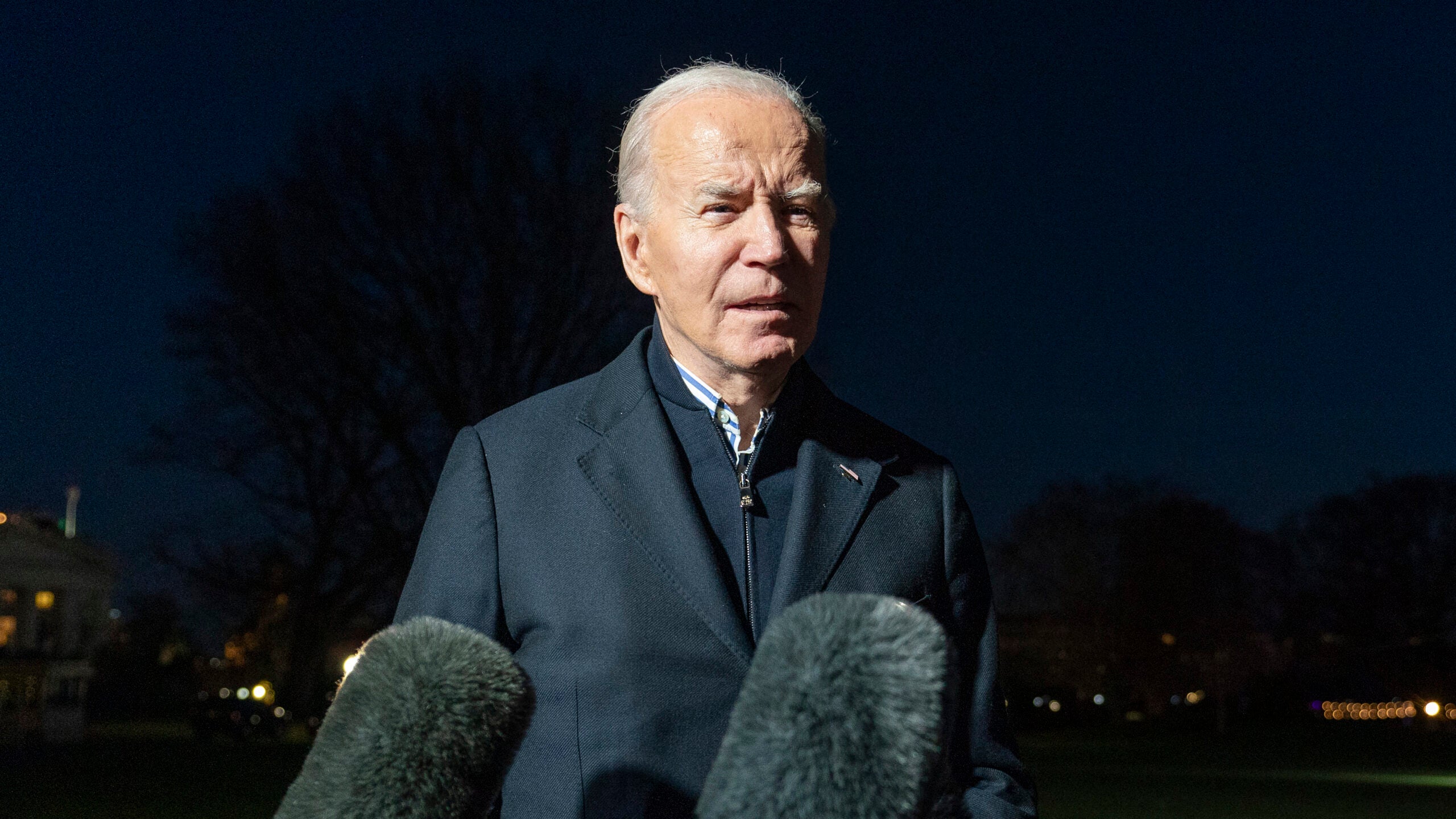Both of Wisconsin’s U.S. senators believe the solution to the violence in Iraq has to be political, while neither thinks sending U.S. troops into combat would work.
Republican Sen. Ron Johnson applauds President Barack Obama’s move to send 300 military advisors in part to protect Americans already there.
“I’m glad he said that,” said Johnson.” We certainly want to make sure that the men and women left behind and serving in Iraq are safe. But this is a mess.”
Stay informed on the latest news
Sign up for WPR’s email newsletter.
Johnson thinks Obama caused that mess by not leaving a stabilizing American military force in Iraq.
In an email statement, Democratic Sen. Tammy Baldwin wrote that there is no U.S. military solution for Iraq, so sending Secretary of State John Kerry there to try to hash out a diplomatic solution is a good idea.
U.S. Rep. Ron Kind of La Crosse (D-La Crosse) agreed that combat troops should not return.
“That would be a devastatingly bad move,” said Kind. “What we’re dealing with now in Iraq is no different than what is happening throughout the entire region. This is a classic Sunni-Shia sectarian fight that’s been going on and it’s been going on for centuries.”
While Johnson believes the situation in Iraq is a threat to national security and he isn’t ruling out targeted bombing with Iraqi consent, he thinks the solution has to be political.
“The only thing that we have going for us is that it’s such a desperate situation that the Shia just might agree to a really true coalition government,” said Johnson. “Maybe we can put this Humpty Dumpty back together again. I’m not overly optimistic but I certainly want to give the president the opportunity to do so.”
Kind says ultimately, the fate of Iraq needs to be in the hands of Iraqis.
“They have to basically decide whether they love their children’s future more than they hate each other,” said Kind. “And I don’t think they’ve made that decision yet.”
Wisconsin Public Radio, © Copyright 2024, Board of Regents of the University of Wisconsin System and Wisconsin Educational Communications Board.






